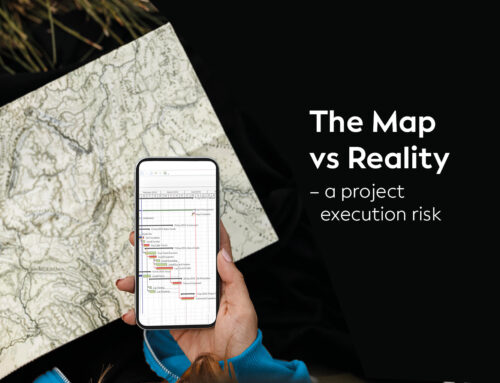Some years back, I was given an opportunity to provide a concise argument in favour or against a lump sum contract, specifically the FIDIC Silver Book.
The argument I was asked to tackle hinged around the employer’s ability to instruct the contractor and that the contractor was not ready for the risk these instructions posed.
Admittedly, the idea of a lump sum contract has always caused mental tension.
Here’s what I wrote…
Not ready, don’t want to or not enough time?
The concept of the FIDIC Silver Book is to provide a lump sum contract that does precisely that. To provide a contract that gives the employer greater surety of cost which is often the deciding point of whether to fund a project.
For in it’s purest form:
To achieve surety, lump sum contracts reduce the risks to the employer by passing the risk to the contractor. Put another way, in a lump sum contract the employer is asking the contractor to price the risk, and the employer is expecting or is expected to pay a higher price.
Arguing that Sub-clause 3.4, which reads “The Employer may issue to the Contractor instructions which may be necessary for the Contractor to perform his obligations* …” is a statement that gives the employer the freedom to micromanage is one-sided.
Because:
The reality is, a project, by definition, is a one-off event, and therefore it cannot be presumed that every circumstance, lump sum contract or not, is predictable. Thus, it is also highly likely that the contractor would seek or need clarification or direction for unforeseen circumstances and want this instruction formally to avoid misunderstanding.
The same goes for the “contractors…are not ready to accept” the risks.
If a contractor is not ready, they can simply avoid such contracts. That said, it does raise the question of how long does the industry need to become comfortable with risks that are inherent and by which it is profitable?

So to the heart of it!
Is it fear [discomfort] of the contract terms or fear of the timing and process by which one acquires a contract? In my experience, the time and information available in bidding for a lump sum contract ultimately jeopardises the project’s success. What could be discussed is the confidence the contractor and the employer has in the lump sum bid. It makes no sense to secure or acquire a lump sum price on the basis that the risks have not been dealt with in sufficient detail. The process would benefit by being weighted towards risk capability rather than cost, which is ultimately the concept of the FIDIC Silver Book – low risk for a premium price.
What do I mean by risk capability?
This was well received by my readers. However, recently, it got me thinking, what did I mean by risk capability?
After all, aside from the obvious run of the mill items, when you recruit a person or a company, to manage risk, you probably won’t find much more than “yes, I’ve managed risk”. Why? Because planning and managing risk is unpredictable. At best, it’s statistical with a dose of the unknown.
Ask yourself, when…before 2020, did you select a person because they have successfully managed out COVID 19? Or, while building a giant snowman, global warming? These things are simply difficult to account for, and even if you have been through a similar issue, it is still a statistical poker shoot.
So, what do I mean by risk capability? In a nutshell, aside from cost, it’s the capacity** to react to change – difficult to achieve from a lean and competitive bid.
And when I say capacity, I don’t mean skill. It’s more about attitude, resources and time availability.

Footnotes:
*Note that the instruction is necessary for the contractor to perform his obligations.
**The maximum number something can contain
Follow us for more!
Get the expert edge
Please add your details below and we’ll be in touch as quickly as possible





